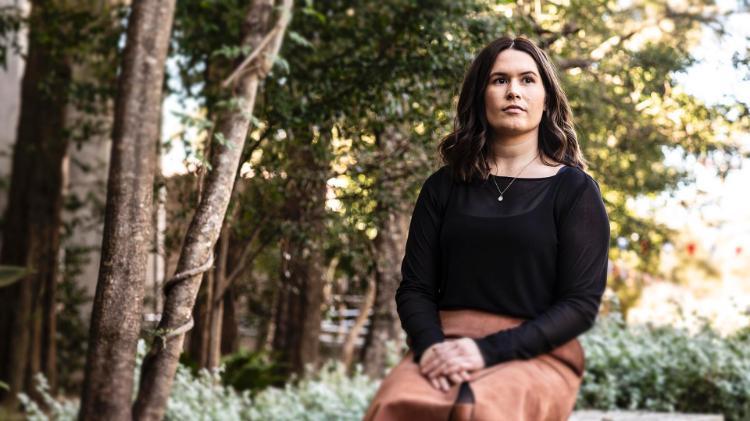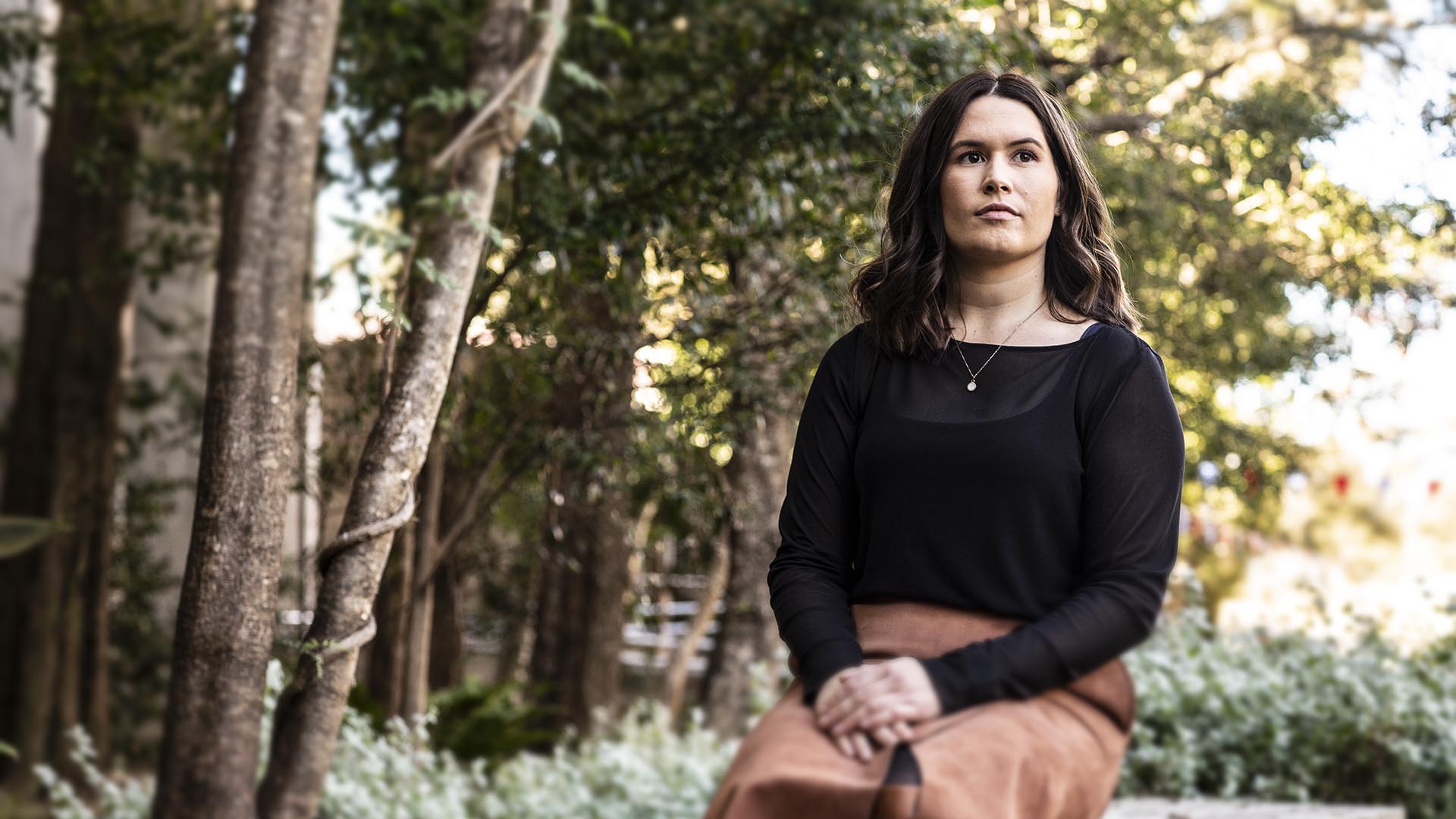July 29, 2019
Study shows gaps in understanding of mental health during pregnancy
More research needed into pregnancy and mother-to-baby emotional bonding
Researchers from the University of Wollongong (UOW) have identified major gaps in our understanding of mental health and mother-to-baby bonding during pregnancy and the period following it. The researchers, from UOW’s School of Psychology, uncovered the gaps after conducting a systematic review of peer-reviewed research in the area.
One in five mothers experience mental health problems during pregnancy and within the first two years after childbirth. However, only a small percentage of women struggling with mental health difficulties receive treatment, and this can have long-term negative effects for both mother and baby.
The study highlights the need for further research to enable at-risk mothers and babies to be identified early and accurately.
Lead researcher and PhD candidate Josie McNamara examined 25 studies involving almost 6000 women aged 16-45 years across Australia, Asia, Europe and North America.
“We wanted to determine whether a relationship exists between pregnant women’s mental health and maternal fetal attachment – essentially, the emotional bond between mum and baby,” Ms McNamara said.
“It was a shock to realise how much researchers still don’t know about pregnancy and mother-to-baby bonding.”
The findings were published on Friday July 26 in the prestigious open-access journal PLOS ONE.
The paper was co-authored by Associate Professor Jane Herbert from UOW’s School of Psychology and Early Start Research, and Dr Michelle Townsend from the School of Psychology and the Illawarra Health and Medical Research Institute.
“We found good evidence that bonding will be stronger for women who don’t suffer from depression, and who receive strong partner and social support. However, researchers still don’t fully understand the way in which maternal bonding is related to other domains such as maternal anxiety, stress and wellbeing,” Ms McNamara said.
One of the problems Ms McNamara identified is that researchers can’t agree on how to define MFA, or how it should be measured.
“We found seven different names being used to describe the concept of MFA, and 12 different screening tools for assessing it within our review,” she said.
“More studies are also needed that span pregnancy and postpartum so that we can better understand the role maternal mental health plays in the developing relationship between mother and baby.”
Ms McNamara is determined to help fill the knowledge gaps revealed by her systematic review. She is conducting her PhD research at the Wollongong Infant Learning Lab (WILL), under the supervision of Professor Herbert and Dr Townsend.
For the past year, Ms McNamara has been working to better understand the pregnancy and early parenting journey of a diverse group of 122 local women recruited from the Wollongong Hospital Antenatal Clinic.
“When it comes to pregnancy, pregnant women are the real experts. So we’ve been taking time to ask women about their experiences of pregnancy – the rewarding parts, the difficult parts, and everything in between,” Ms McNamara said.
“A few months after each baby has been born, we’ve invited the family to visit us at WILL so we can learn about the way mums and babies play together as their attachment relationship really begins to emerge.”
The aim of Ms McNamara’s research is to improve the quality of mental health care provided to pregnant women – in Wollongong, across Australia and around the world.

Lead author and PhD candidate Josie McNamara from the University of Wollongong's School of Psychology. Photo: Paul Jones, UOW
ABOUT THE STUDY
‘A systemic review of maternal wellbeing and its relationship with maternal fetal attachment and early postpartum bonding’, by Josephine McNamara, Michelle L. Townsend and Jane S. Herbert was published in PLOS ONE on 26 July 2019.
Research conducted at WILL is supported by the Faculty of Social Sciences and the Australian Research Council.
